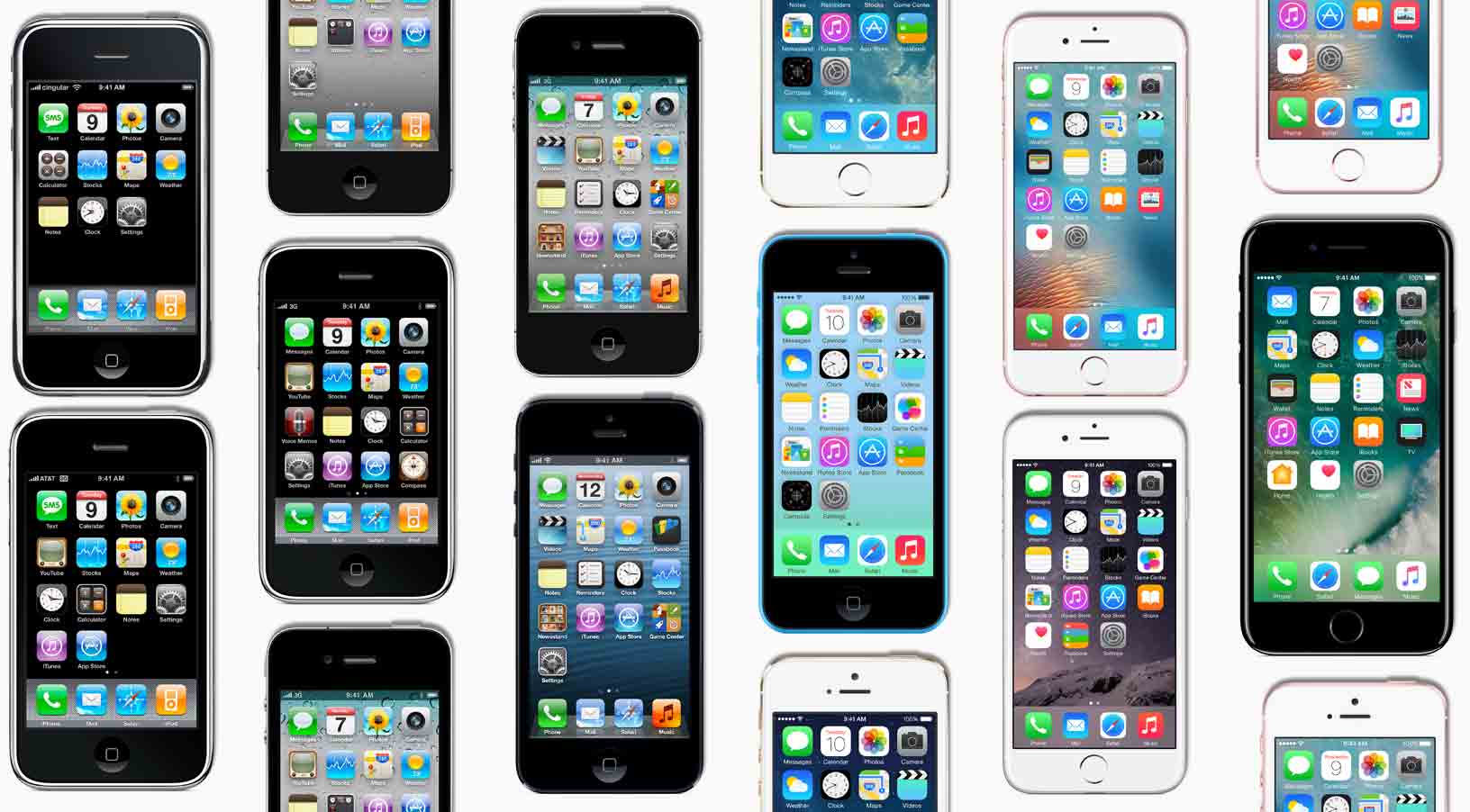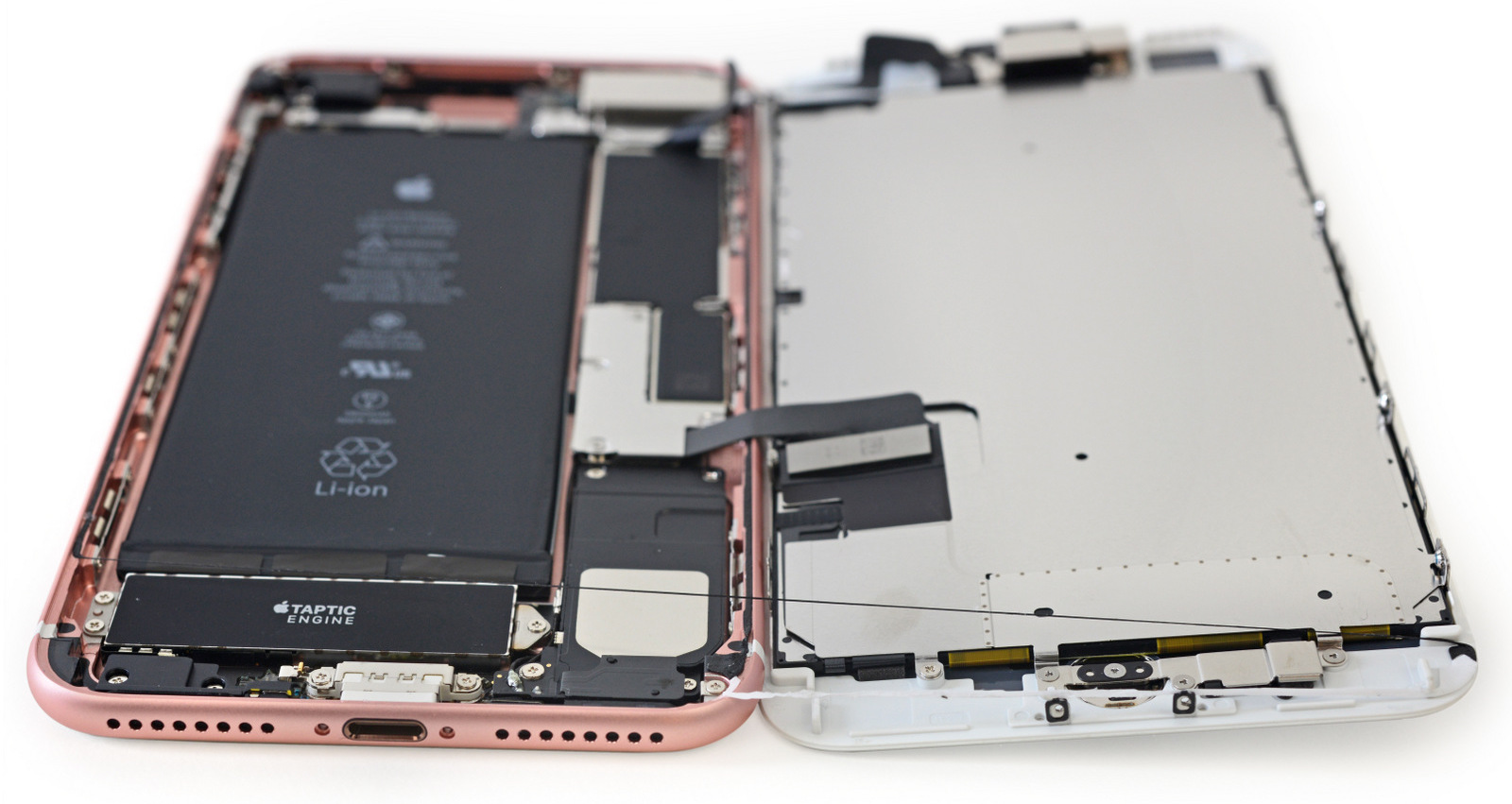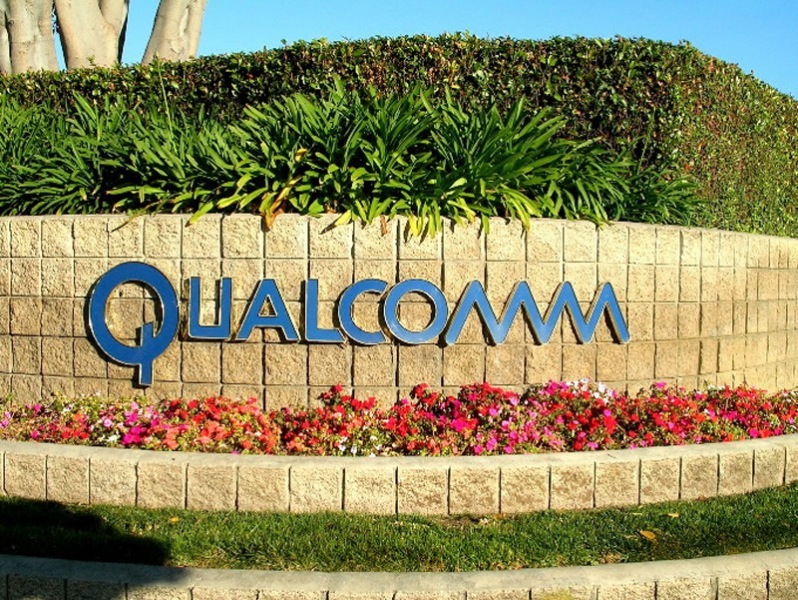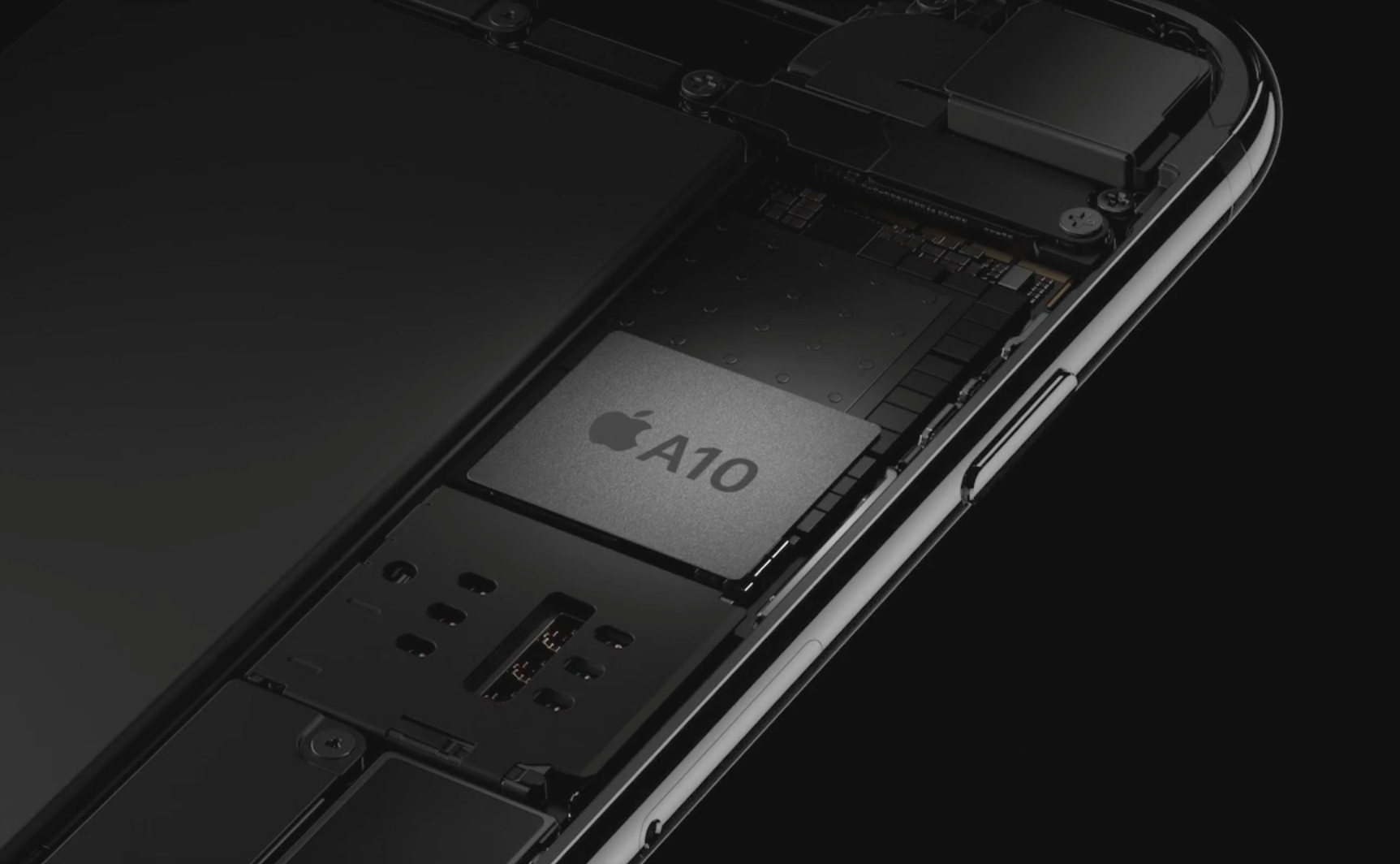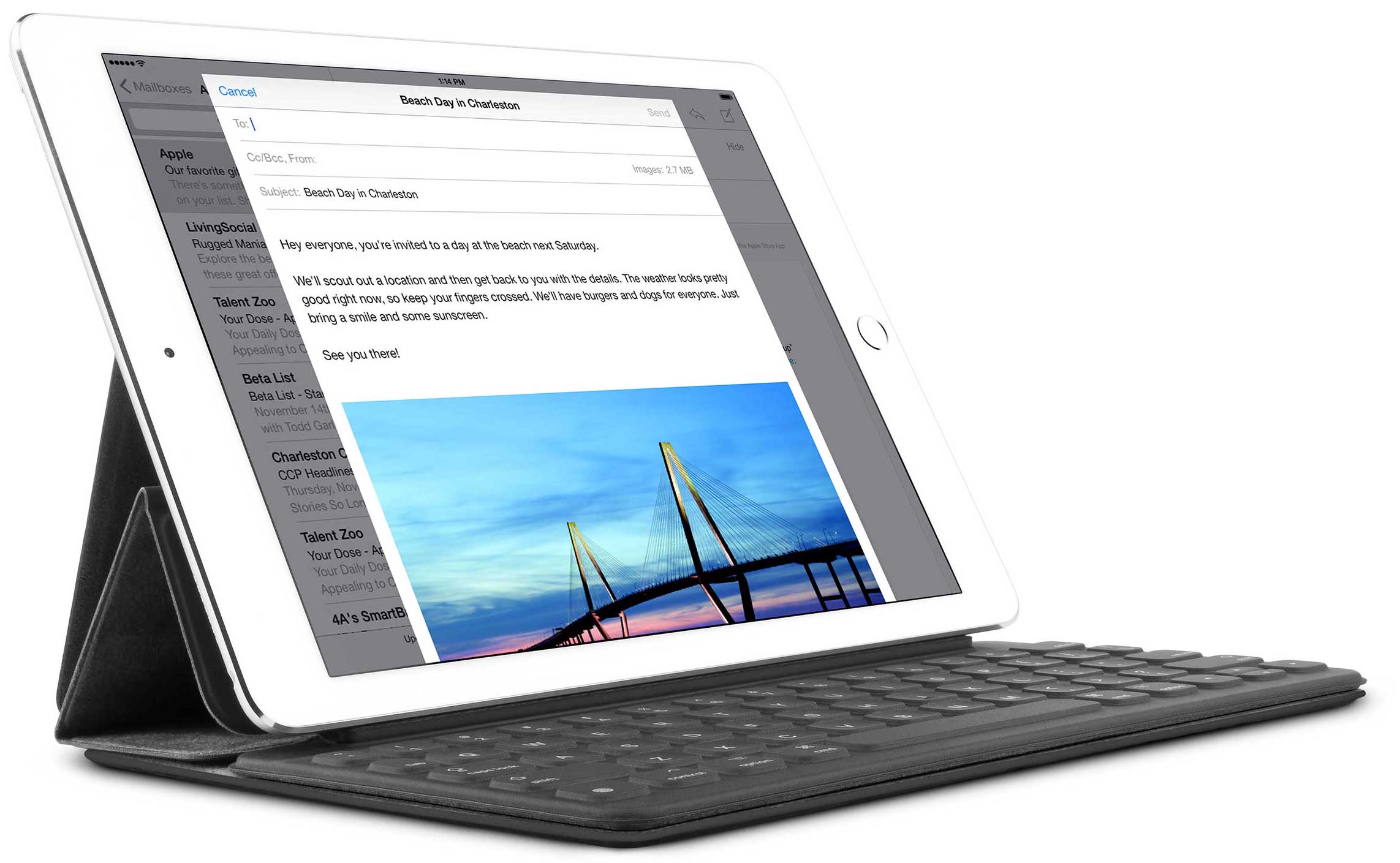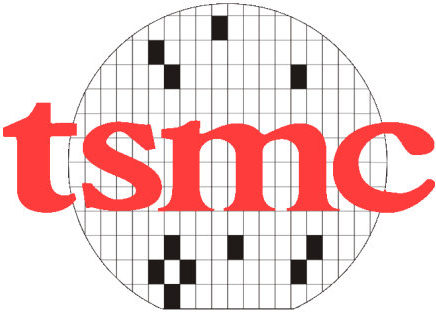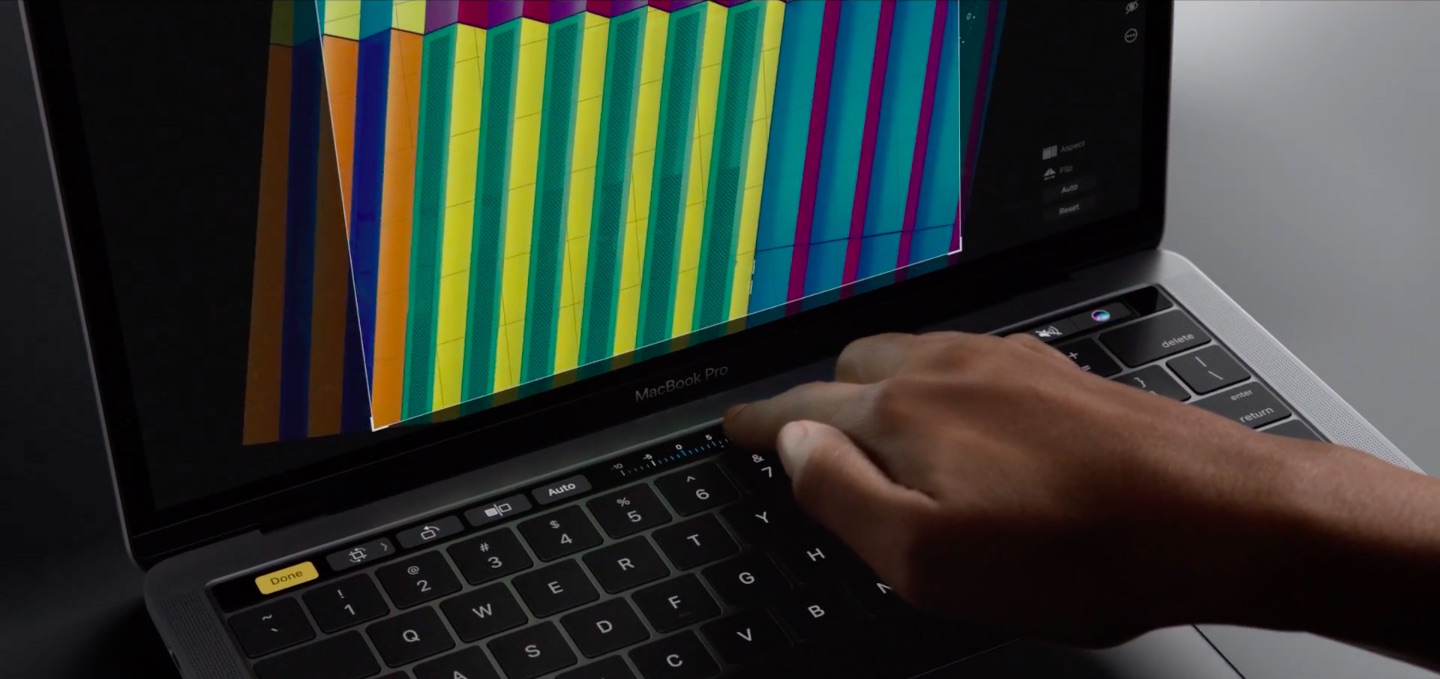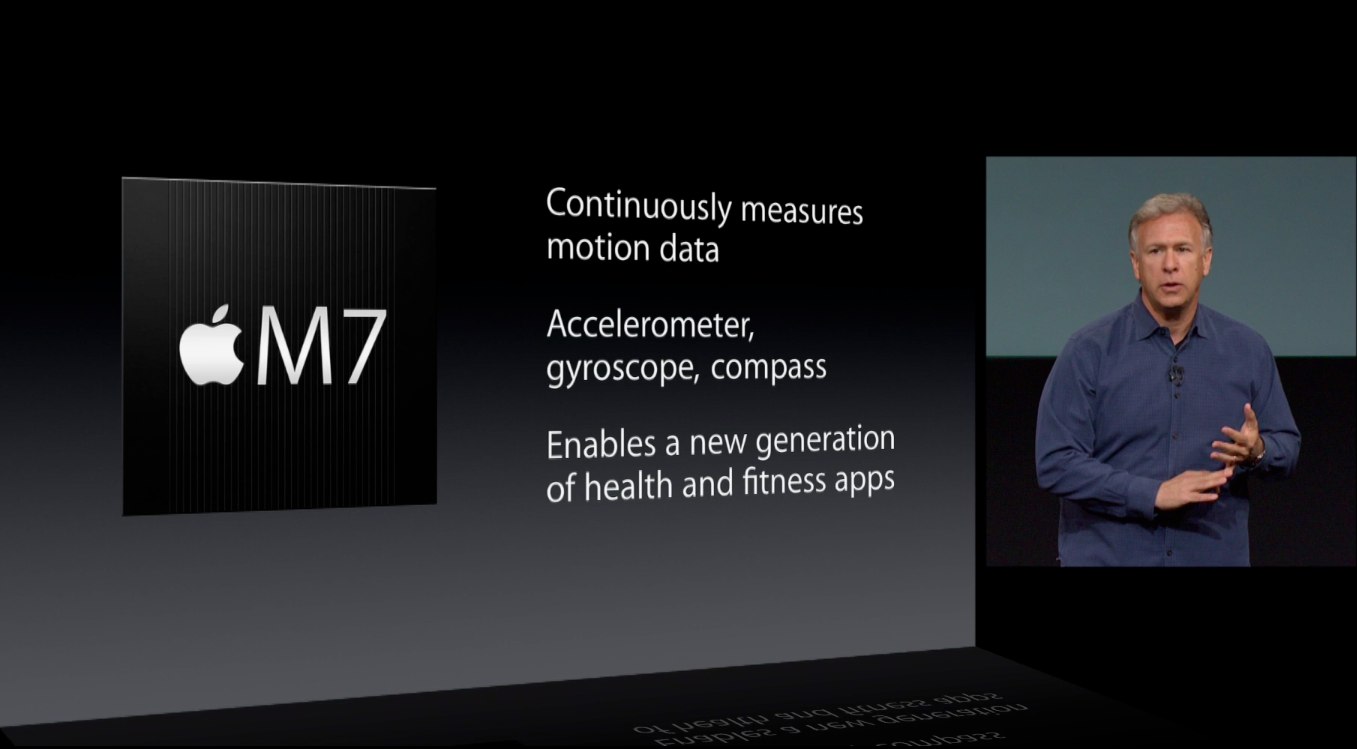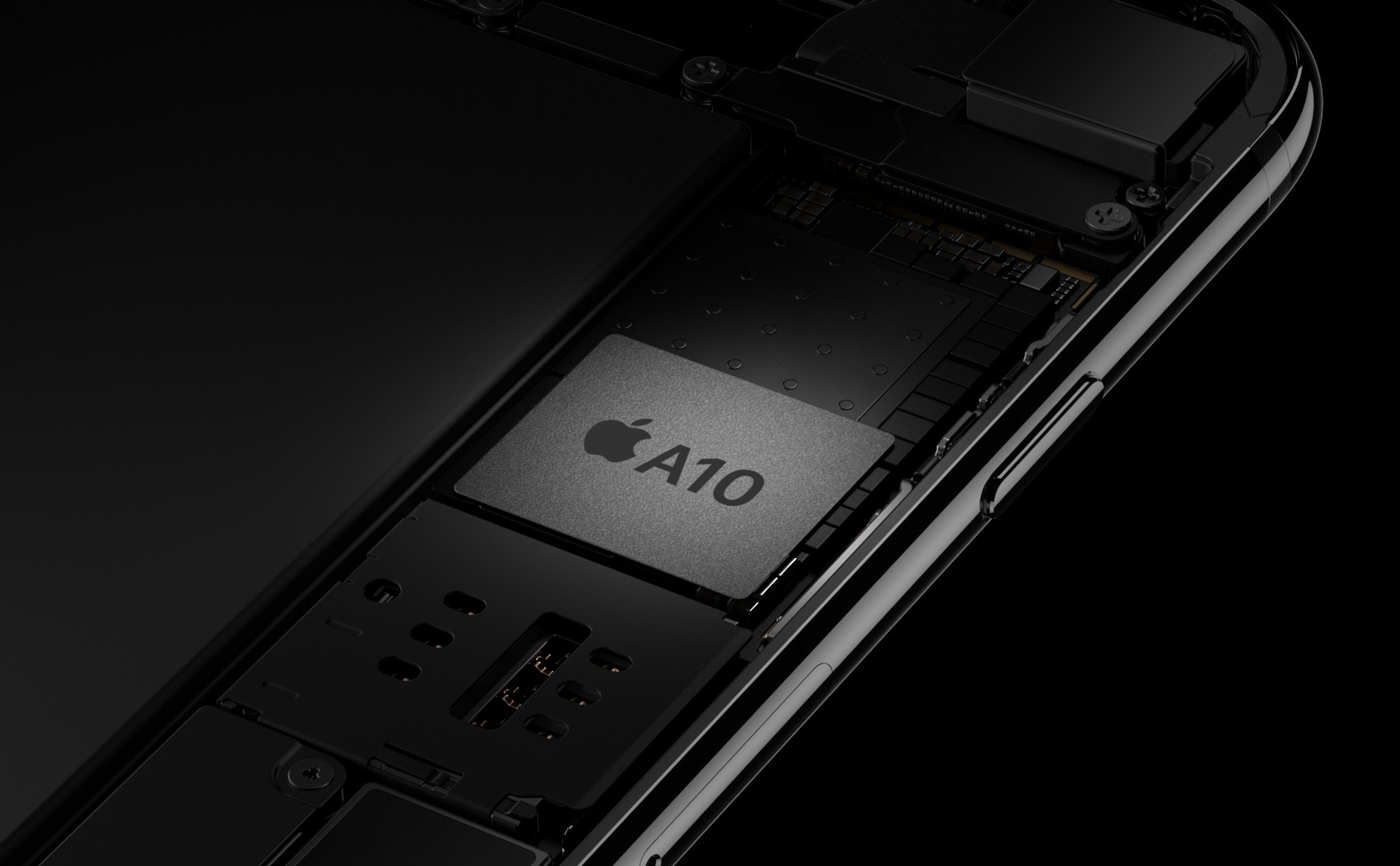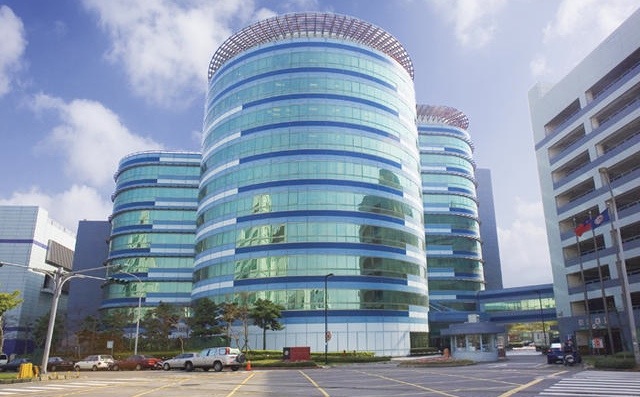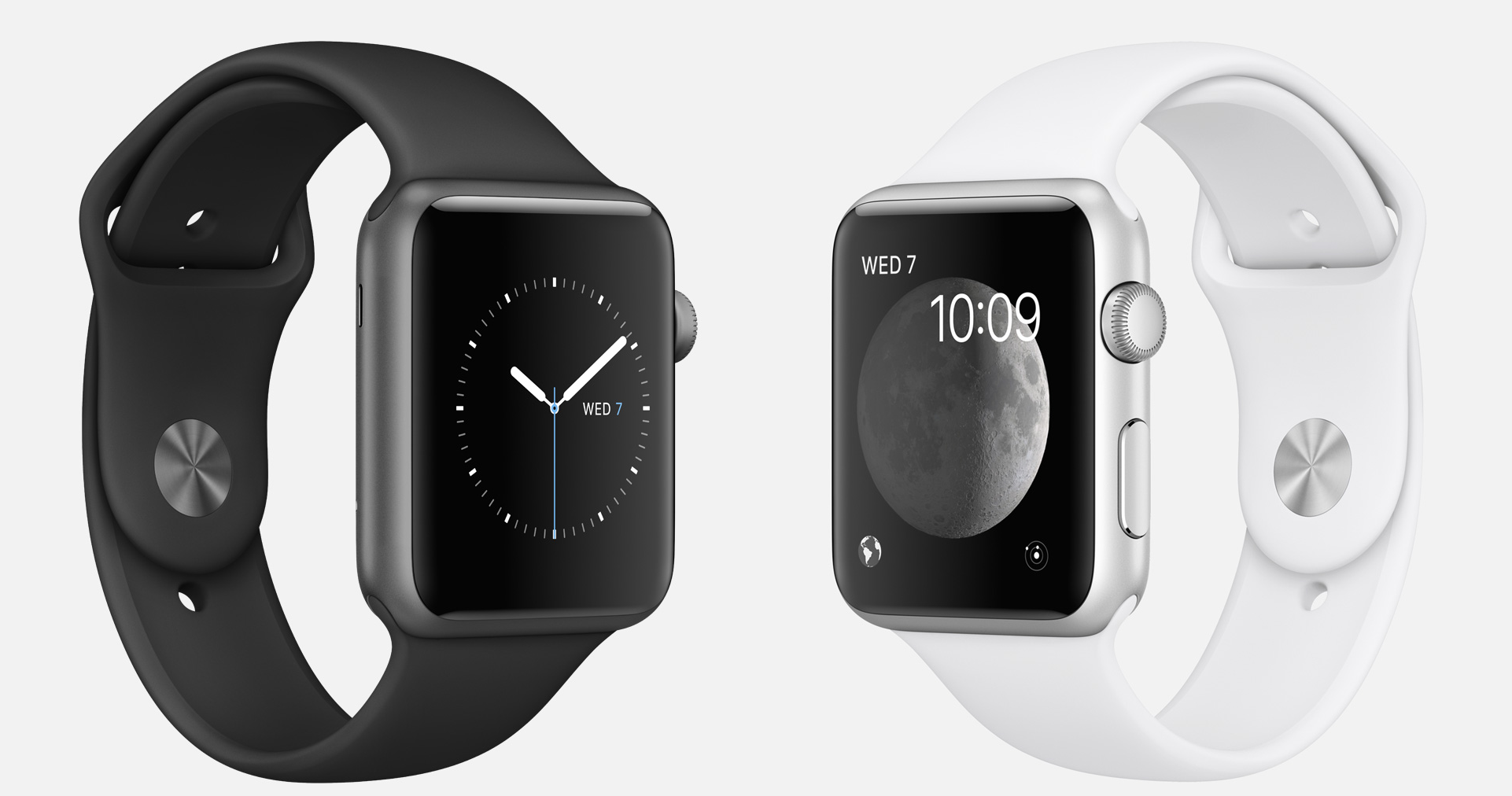Apple on Friday announced it's suing iPhone modem supplier Qualcomm, which owns many wireless patents, “after years of disagreement over what constitutes a fair and reasonable royalty”. The suit argues Qualcomm withheld nearly $1 billion in payments it owes to Apple as retaliation because Apple cooperated with the Korea Fair Trade Commission. Last month, Korean regulators slapped Qualcomm with a $850 million fine over its patent-licensing practices.
Apple's suit, filed in federal district court in the Southern District of California, accuses Qualcomm of charging royalties for technologies “they have nothing to do with.” Responding to the complaint, Qualcomm called Apple's claims groundless and said they “misrepresented facts”.
